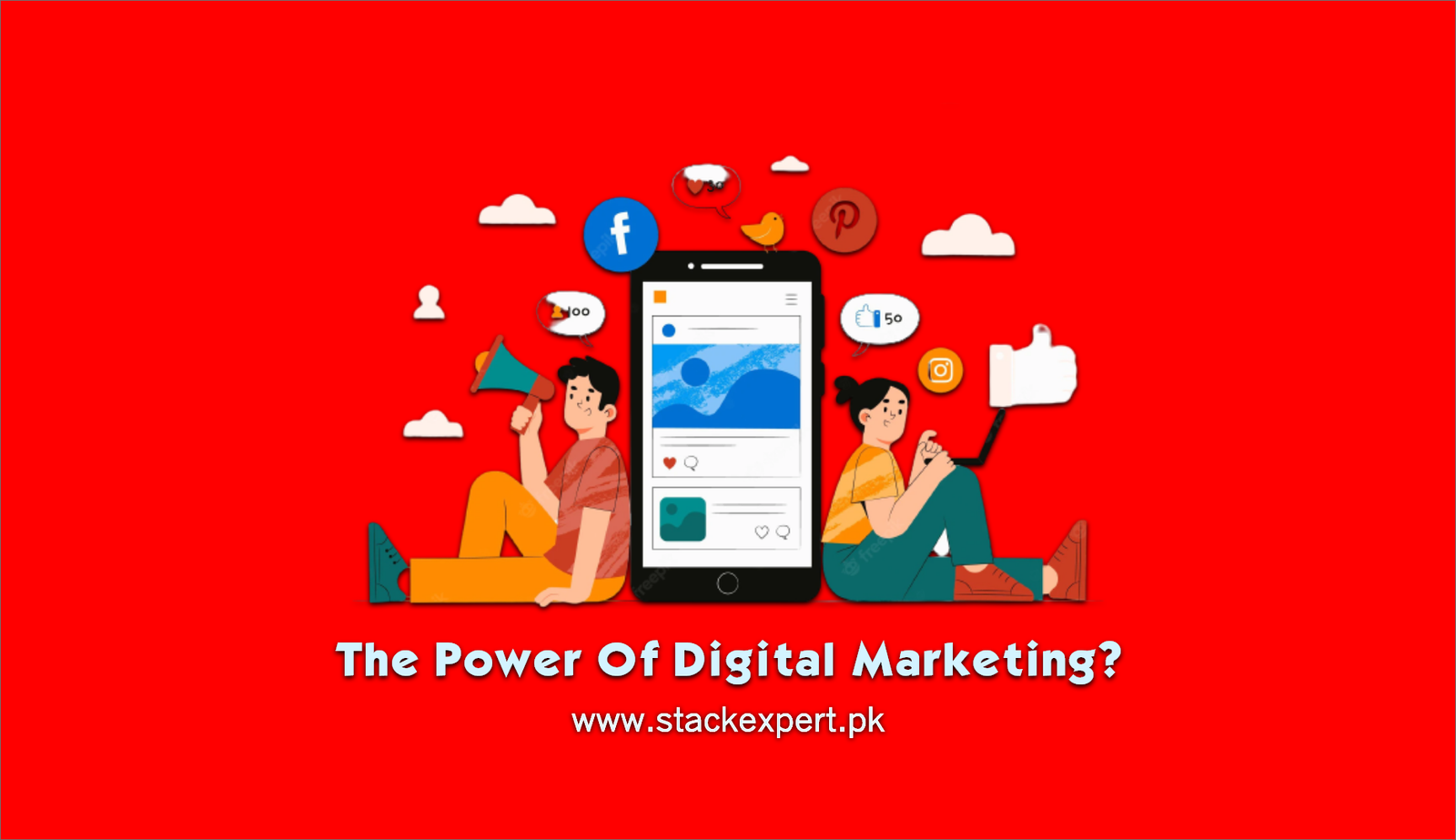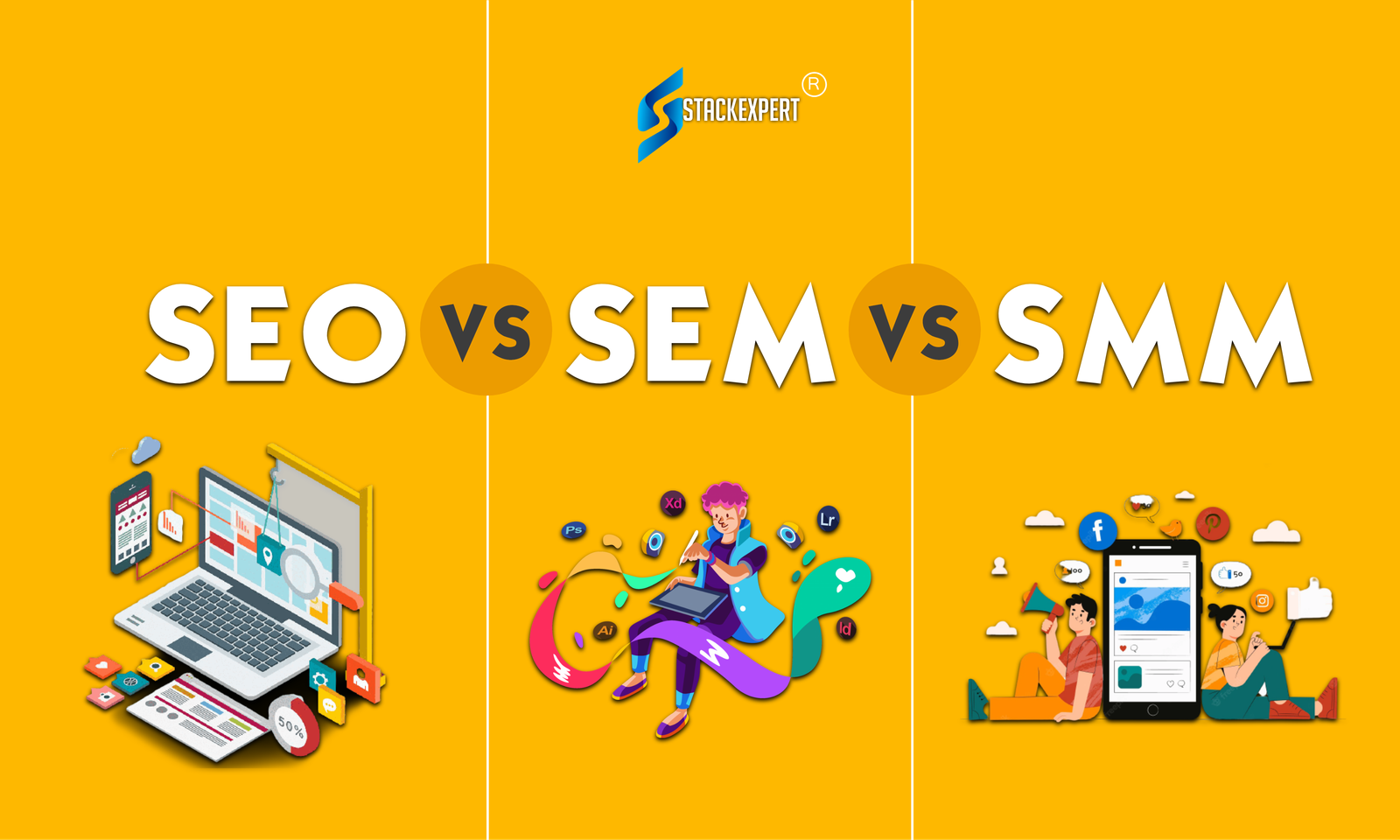Digital marketing is the use of digital channels, such as social media, search engines, email, and websites, to promote a product or service. The power of digital marketing lies in its ability to reach a large and targeted audience, track the effectiveness of campaigns, and optimize them for better performance. In this article, we will explore the various aspects of digital marketing and how they contribute to its effectiveness.
- Reach a Large and Targeted Audience
One of the main advantages of digital marketing is its ability to reach a large and targeted audience. With billions of people using social media and search engines every day, digital marketing has the potential to reach a vast audience across the globe. This reach is even more powerful when combined with the ability to target specific demographics, such as age, gender, location, interests, and behaviors. By targeting a specific audience, digital marketers can create more relevant and personalized campaigns that are more likely to resonate with their target customers.
- Track the Effectiveness of Campaigns
Another advantage of digital marketing is its ability to track the effectiveness of campaigns in real time. Unlike traditional marketing, where it is difficult to measure the impact of advertising campaigns, digital marketing provides a wealth of data that can be used to analyze and optimize campaigns. With tools such as Google Analytics, marketers can track website traffic, conversions, and user behavior to gain insights into what is working and what is not. This data can then be used to make informed decisions about how to improve campaigns and increase their effectiveness.
- Optimize Campaigns for Better Performance
Digital marketing also allows for the continuous optimization of campaigns for better performance. By using data and analytics, marketers can identify areas of improvement and make changes to campaigns in real time. For example, if a social media ad is not performing well, a marketer can adjust the targeting, messaging, or creativity to improve its effectiveness. This level of flexibility and agility is not possible with traditional marketing, which often involves long lead times and high costs for making changes.
- Cost-Effective
Digital marketing is also cost-effective when compared to traditional marketing methods. With digital marketing, small businesses can compete with larger companies on a level playing field, as they can target their audience more precisely and with less expense. For example, social media advertising is much cheaper than traditional advertising, and email marketing can be done at a fraction of the cost of direct mail.
- Builds Relationships with Customers
Finally, digital marketing can help build long-term relationships with customers. By engaging with customers on social media, responding to their comments and messages, and providing valuable content, businesses can build trust and loyalty with their audience. This can lead to increased customer retention and advocacy, as well as positive word-of-mouth referrals.
In conclusion, digital marketing is a powerful tool for businesses of all sizes and industries. Its ability to reach a large and targeted audience, track the effectiveness of campaigns, optimize them for better performance, and build relationships with customers make it an essential part of any modern marketing strategy.



